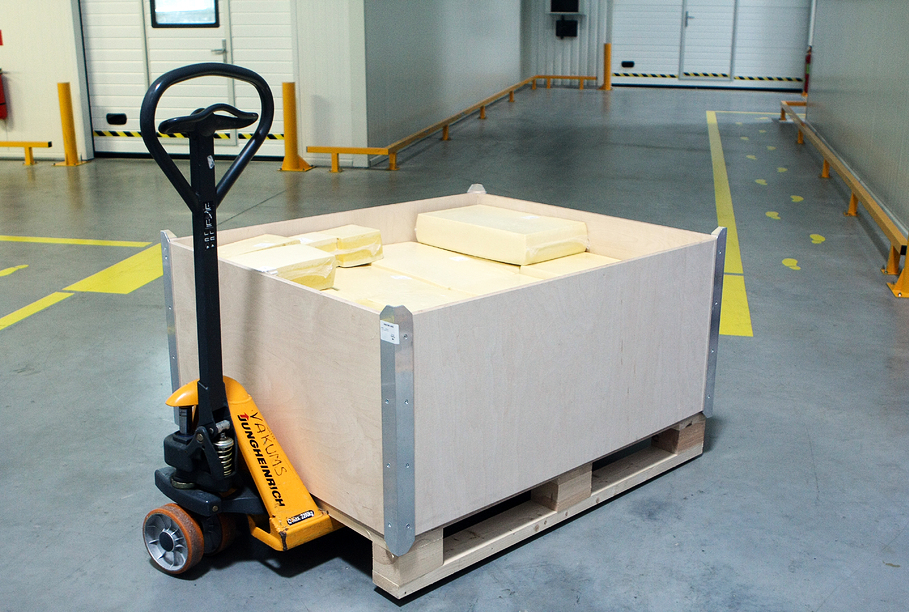Dacian Diolos, the EU Commissioner for Agriculture and Rural Development said that “price signals on the European dairy market show that the Russian ban is starting to hit this sector. In a number of Member States export earnings are being lost and new outlets need to be found. The sector needs time and help to adapt.”
The targeted market support emergency measure ensures temporary storage (from 90 to 210 days) for butter and skimmed milk powder, the cost of which is financed by the EU under its Common Agricultural Policy (CAP). Because cheeses of many varieties were a significant part of dairy exports to Russia, the EC is considering extending similar measures for cheese products too.
EU dairy exports to Russia last year were worth €2.3 billion, notably in the form of cheese: €1.0 bn, but also for food preparations: €0.47 bn; butter-butteroil: €0.14 bn; fresh milk products: €0.10 bn; finished products: €0.09 bn; SMP: 0.07 bn; and whey powder: €0.03 bn; 25 Member States exported cheese to Russia in 2013, but the main EU cheese exporters to Russia are the Netherlands, Lithuania, Finland, Poland, Denmark, Germany, Italy, France and Latvia.
The Baltic states and Finland are considered to be the top exporters of fresh milk products to Russia. Pekka Pessonen, who heads the European organization of farmers and agricultural cooperatives COPA-COGECA, explained that there would be likely two waves of impact on the milk sector.
“First there will have to be a reduction of volume of fresh milk product. That will have its price. Then there will be the second wave, as part of this fresh milk gets diverted toward producing cheeses, milk powders and similar goods. That means there will soon be a glut in other product category supplies,” the COPA-COGECA general secretary told Latvian Radio Thursday.
Agriculture ministry expert Inga Orlova, who was in Brussels for talks before the EC ruling, told LR that the Private Storage Aid was not a program Latvian dairy producers have benefited from during previous crises.
“It’s simply a way to store product a bit longer, until the moment when demand in the market appears. But it gives no support to liquidity. It is only a supply-regulating measure,” she explained. Further measures will be discussed and possibly adopted at the meeting of European agriculture ministers next week.
Meanwhile Latvian dairy farmers are increasingly anxious over continuing price drops for wholesale milk and the loss of supply contracts with longstanding clients. If the price drops below 20% of production costs, many farmers may be forced to liquidate their milking cow herds or let their family farming business go bankrupt altogether. Many farmers surveyed by LSM Wednesday said that Russia’s sanctions would be yet another test of their survival ability.
“Now we’re being tested. Who’ll hold out and be able to pull the cart. Who’ll just toss their rifle into the bushes and give up,” said homesteading farmer Jānis Arājs of Kalna Gaveiņi farm.
Dairy farmer Guntis Krūmiņš noted that the price per liter is already down to between 0.17 to 0.22 per litre. “That’s already 20% below production costs. I can pull that load for a while, but not develop,” he told LTV’s news program Panorāma.
These EC measures for the dairy sector today come in addition to emergency market support measures already announced for peaches and nectarines on August 11 (worth 32.7m€) and perishable fruits and vegetables (125m €) on August 25.






























